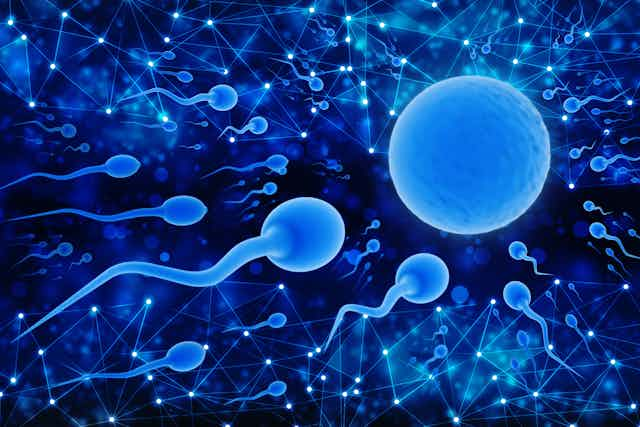Infertility, the inability to conceive or sustain a successful pregnancy, affects more than 48 million couples in the world. Of these, ten million live in Sub-Saharan Africa.
The prevalence of infertility is much higher in developing countries than in the developed world. This is due to a number of factors, including poor access to assisted reproductive techniques and proper health care.
In South Africa, infertility occurs in 15% to 20% of the population. That’s one in every six couples. Most turn to surrogacy or adoption to become parents. But, under the country’s labour law, they don’t have the same rights as conventional parents to take time off from work to care for their children.
This disparity constitutes unfair treatment. Unfortunately, the aggrieved parties do not have any recourse under the law to claim unfair, differential treatment. This is because infertility is not listed as a ground on which a claim of unfair discrimination may be lodged under the Employment Equity Act.
To address the anomaly and provide better protection for infertile employees, the most suitable option would be to consider infertility as a form of disability. But, to be considered as grounds to claim discrimination on the basis of disability, infertility would need to fall under the legal definition of disability. This is not the case in South Africa.
Also, the country does not have any independent disability legislation. It does have a code of good practice covering people with disabilities. But this is merely a guideline for employers and does not have the authority of law.
The Employment Equity Act – and the disability code – provide a restricted view of who is considered to have a disability. It simply states that to be classified as disabled, the physical impairment must substantially limit an employee’s prospects of entry to and advancement in employment. This narrow view excludes infertility from the definition.
This is at odds with the definition of disability provided for by the World Health Organisation (WHO), of which South Africa is a member. The WHO expressly classifies infertility as a disability.
The US, for example, provides for disability in line with the WHO’s definition. The Americans with Disabilities Act describes disability as a physical impairment which affects various body systems, including the reproductive system. This covers infertility.
Zimbabwe, too, follows a more inclusive approach to what constitutes a disability. Zimbabwe’s Disabled Persons Act does not require the impairment to be substantially limiting. Rather, it provides that a person is considered to be disabled when a physical disability gives rise to physical, cultural and social barriers. This ultimately covers infertility.
Infertility as a disability
South Africa’s Constitution provides that courts, forums and tribunals must consider international law when interpreting the Bill of Rights.
Given the absence of a clear definition of disability and the limited view of who should be regarded as having a disability, it would be of immense value to consider what the WHO and the International Labour Organisation say on the subject.
This would create a path out of the current narrow approach to a more inclusive one. Including different types of impairments, such as infertility, under the umbrella of disability would protect people’s rights at work.
If infertility was to be considered a disability under South African labour law, it would require employers to reasonably accommodate infertile employees. This would include the duty to provide appropriate leave for the unique circumstances of surrogacy and adoption.
Failure to provide appropriate leave to these parents to care for their child would then be a breach of the employer’s duty. It would thus constitute indirect unfair discrimination on the basis of disability. Employees who have infertility would finally get recourse under the law to lodge a claim of unfair discrimination should they be treated differently in the awarding of parental leave due to their unique circumstances.

